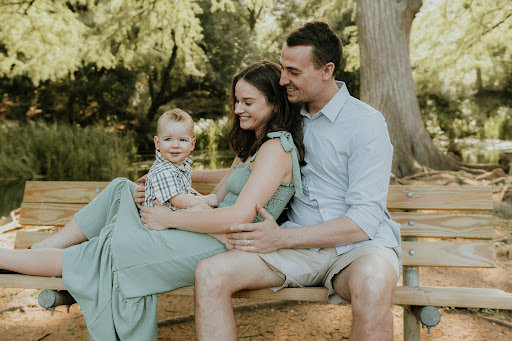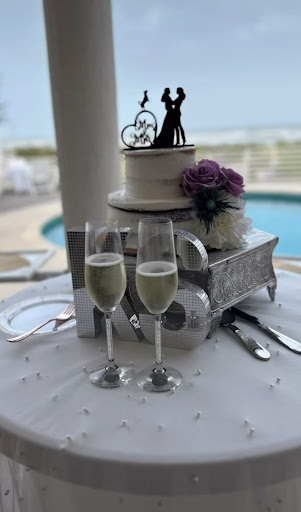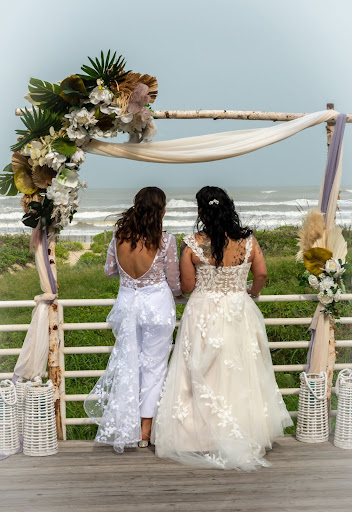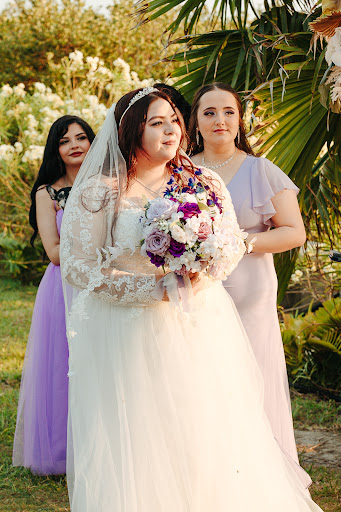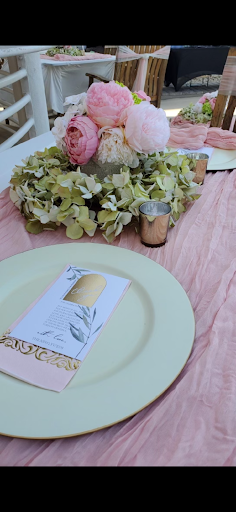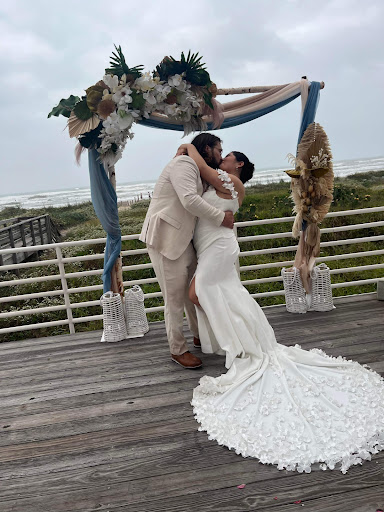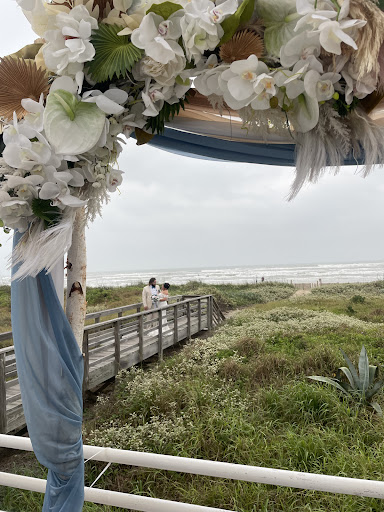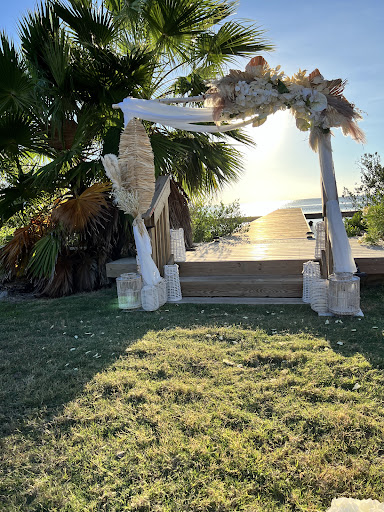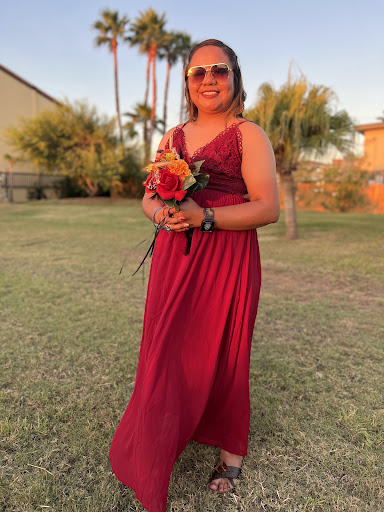With your engagement excitement settling in, it’s time to turn your attention to the wedding planning process. You may be wondering where to start and what factors to consider as you launch on this journey. This guide will outline the important first steps to help you navigate through venue selection, budget planning, guest lists, and more, ensuring your special day is everything you envision. Dive in to discover how to set a solid foundation for your wedding planning adventure.
Key Takeaways:
- Set a Budget: Establishing a clear budget is necessary for making informed decisions throughout the planning process.
- Guest List: Create an initial guest list to determine the size of the wedding and help in selecting an appropriate venue.
- Timeline: Develop a planning timeline to organize tasks and ensure everything is completed in a timely manner leading up to the wedding day.
Setting a Budget
A well-defined budget is the foundation of your wedding planning journey. It allows you to prioritize your spending, ensuring that you allocate resources to the elements that matter most to you. Begin by assessing your financial situation, considering contributions from family and friends, as well as personal savings. Having a clear budget will guide your decisions, helping you enjoy your special day without financial stress.
Determining Overall Costs
Behind every wedding is a series of costs that can add up quickly. Start by listing all potential expenses, including the venue, catering, attire, decorations, and entertainment. Research typical costs in your area to gain a realistic understanding of what you might expect to pay. Factor in additional expenses like taxes, tips, and unforeseen charges to create a comprehensive view of your wedding budget.
Allocating Funds to Different Areas
By breaking down your budget into specific categories, you can allocate funds effectively while still meeting your vision for the day. Identify your top priorities and assign more money to these areas, whether it’s photography, flowers, or the reception venue. Consider setting aside a portion of your budget for unexpected costs, which can ease any last-minute financial surprises.
Due to the variety of expenses involved with weddings, allocating funds strategically is necessary. Start by categorizing your overall budget into main areas such as venue, food, attire, and entertainment. Adjust these allocations based on your personal values; for example, if a beautiful venue is more important to you than fancy favors, reallocate funds accordingly. Regularly review and adjust these allocations as needed to keep your spending within the limits you’ve set while ensuring your dream wedding comes to life.
Creating a Timeline
Clearly, creating a detailed wedding planning timeline is vital for managing your time effectively and ensuring that no detail is overlooked. By breaking down the planning process into manageable tasks, you’ll find it easier to stay organized and focused. Start by determining your wedding date and work backward to establish key milestones, making sure to allocate sufficient time for each task.
Establishing a Planning Schedule
On your wedding planning journey, establishing a planning schedule will serve as your roadmap. Set the date and identify how many months you have left to prepare, then create a list of tasks that need to be accomplished each month. This will help you prioritize your activities and keep stress at bay as your big day approaches.
Important Dates to Remember
Above all, it’s vital to mark important dates in your wedding planning calendar. These dates might include engagement parties, venue bookings, vendor appointments, and your dress fitting. Keeping track of these key moments ensures that you’re always on top of your planning and can avoid last-minute rushes.
Establishing a comprehensive list of important dates not only helps you stay organized, but it also allows you to share this timeline with your partner, family, and vendors. By coordinating schedules and deadlines, you’ll create a streamlined planning process, paving the way for a smooth and enjoyable lead-up to your wedding day.
Choosing a Venue
Not only does your chosen venue set the tone for your entire wedding, but it also serves as a backdrop for countless memories. The decision-making process can be overwhelming, but by assessing your priorities and vision, you can find the perfect location that reflects your style and accommodates your guest list.
Factors to Consider
At the heart of selecting a venue are key elements that will influence your decision:
- Budget: Ensure the venue aligns with your financial plan.
- Location: Consider accessibility for you and your guests.
- Capacity: Choose a venue that comfortably fits your guest count.
- Aesthetic Appeal: Look for spaces that visually match your wedding theme.
- Availability: Check dates and book early to secure your preferred time.
Thou should assess these factors thoroughly to ease your planning journey.
Popular Venue Types
Along your wedding planning path, you’ll discover various venue types that can elevate your celebration’s ambiance:
- Banquet Halls: Ideal for large gatherings with all-inclusive packages.
- Outdoor Gardens: Perfect for a romantic and natural setting.
- Beachfront Locations: Offer stunning views and a relaxed atmosphere.
- Historic Buildings: Provide charm and unique architectural features.
- Destinations: Combine your wedding with a travel experience for you and your guests.
Any of these options can create a memorable setting for your big day.
| Factors to Consider | Description |
| Budget | Overall cost of the venue, including extras. |
| Location | Accessibility for guests, parking options. |
| Capacity | How many guests can the venue comfortably hold. |
| Aesthetic Appeal | Visual attributes and how they fit your theme. |
| Availability | Potential dates to ensure you can book your venue. |
Further, narrowing down your search by popular venue types can help you pinpoint the ideal space for your wedding. The atmosphere, accessibility, and facilities offered at these venues can greatly enhance your experience:
- Banquet Halls: Spacious and accommodating for larger events.
- Outdoor Gardens: Nature surrounds your ceremony, creating a beautiful backdrop.
- Beachfront Locations: Offers a scenic view with a laid-back vibe.
- Historic Buildings: Provide timeless elegance that can enrich your wedding theme.
- Destinations: A unique way to celebrate while exploring new locales.
Any venue can be transformed with personal touches to reflect your unique love story.
| Popular Venue Types | Overview |
| Banquet Halls | Great for larger gatherings and worry-free planning. |
| Outdoor Gardens | Perfect for intimate ceremonies surrounded by beauty. |
| Beachfront Locations | Offers breathtaking sunsets and a relaxed atmosphere. |
| Historic Buildings | Provide unique character and charm for a memorable event. |
| Destinations | Combine your wedding with an adventure for guests. |
Assembling Your Guest List
Once again, your guest list will significantly impact your wedding planning process. Begin by deciding on the size and feel of your wedding, as this will help determine how many people you can invite. Consider factors such as your budget, venue capacity, and the type of celebration you envision. Invitees often include close family, friends, and important acquaintances, so creating a list early on will set the foundation for other planning elements.
Tips for Compiling Names
Above all, take a systematic approach to compiling your guest list. Start by brainstorming names, then categorize them based on their relationship to you. To streamline the process, consider the following tips:
- Make a preliminary list with everyone you can think of.
- Group people into categories like immediate family, extended family, friends, and coworkers.
- Consult with your partner for additional names.
- Think about plus-ones and how they may affect your count.
Thou can always trim the list later on!
Managing Guest Count
Before you finalize your guest list, it’s important to effectively manage your guest count to stay within your budget and venue limitations. Prioritize your must-invite guests and keep an eye on the total number as you go. Seek to balance your guest count with your vision for the wedding while being mindful of any additional costs associated with larger numbers.
Managing your guest count involves understanding both your budget and the capacity of your chosen venue. When considering your final list, ask yourself some important questions: Are there guests you haven’t seen in years? Does every invitee contribute to the overall experience you wish to create? Establishing guidelines for your list will allow you to make informed choices that align with your celebration’s atmosphere and your budget.
Selecting Vendors
Many couples find selecting vendors to be one of the most impactful parts of wedding planning. The right vendors will help bring your vision to life, ensuring your special day is seamless and enjoyable. Start by identifying your priorities and allocating a budget, then research and meet with potential vendors to gauge their expertise and personality. Building a solid relationship with your wedding team will contribute to a smoother planning process and a more memorable event.
Key Vendors to Hire
Below are some important vendors to consider when planning your wedding:
| Vendor Type | Importance |
| Caterer | Food and beverages are a highlight for guests. |
| Photographer | Capturing memories that last a lifetime. |
| Florist | Bringing your decor vision to life. |
| DJ/Band | Setting the tone for the celebration. |
| Wedding Planner | Organizing details and managing timelines. |
Comparing Options and Reviews
Against the backdrop of so many choices, it’s beneficial to compare different vendors based on their offerings and customer feedback. Look at portfolios, request quotes, and read testimonials to make informed decisions. This comparison process helps you assess which vendors align best with your style and budget.
Considering various options and reviews will enhance your decision-making process. Engage with past clients through online platforms like wedding forums or social media, and ask for recommendations from friends and family. Doing so allows you to gain insights into the experiences others have had, giving you a clearer picture of the vendor’s reliability and quality of service.
| Action | Purpose |
| Read Reviews | Understand previous client experiences. |
| Request Quotes | Set a budget and compare services. |
| Check Portfolios | Visualize their work and style. |
| Ask Questions | Ensure alignment with your vision. |
Personalizing the Ceremony and Reception
Now that you’ve laid the groundwork for your wedding, it’s time to think about how you want to personalize your ceremony and reception. Your special day should reflect your love story, values, and personalities. Consider incorporating elements that have significance to you both, from the readings during the ceremony to the music played throughout the reception. Personal touches can create a more meaningful and memorable experience for you and your guests.
Ideas for Unique Touches
Below are some ideas for unique touches that will make your wedding stand out. You could create a personalized wedding logo or a custom guest book that reflects your interests. Choosing a signature cocktail or designing unique table centerpieces are great ways to add your flair. Consider including interactive elements, such as a photo booth or a live painting of the ceremony, that will keep guests engaged and create lasting memories.
Incorporating Traditions and Themes
Beside the unique touches, think about the traditions and themes you would like to include in your wedding. Blending cultural rituals or family traditions can create a richer experience while honoring your heritage. Look for ways to infuse themes that resonate with you both—whether it’s a favorite season, travel destination, or hobby—to create a cohesive atmosphere that tells your story.
Another way to enhance your wedding’s personal touch is by selecting traditions that truly represent you as a couple. Whether it’s a cultural ceremony like a sand or unity candle ritual, or fun themed elements like a vintage or bohemian vibe, incorporating these features can evoke emotions and spark connections among your guests. Tailoring these aspects to reflect your personalities lends authenticity to your celebration, making it unforgettable for everyone involved.
Summing up
To wrap up, when you launch on your wedding planning journey, start by setting a budget, creating a guest list, and establishing a timeline. Consider your priorities and vision for the day, whether it be a grand event or an intimate gathering. Research venues and vendors that align with your style and budget, and make sure to communicate effectively with all parties involved. By organizing this foundational step, you will set a positive tone for the entire planning process, making your dream wedding attainable and enjoyable.




